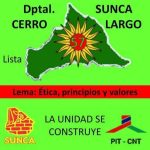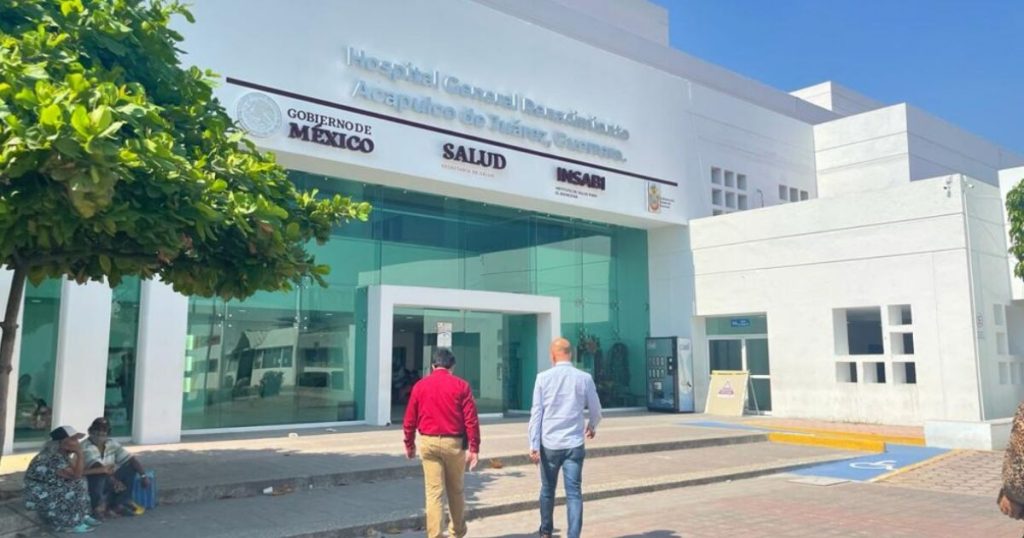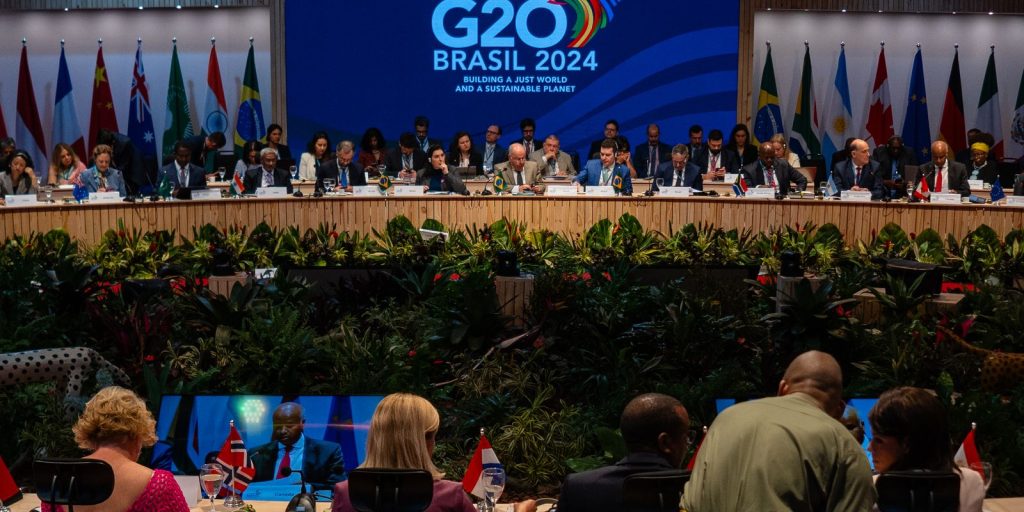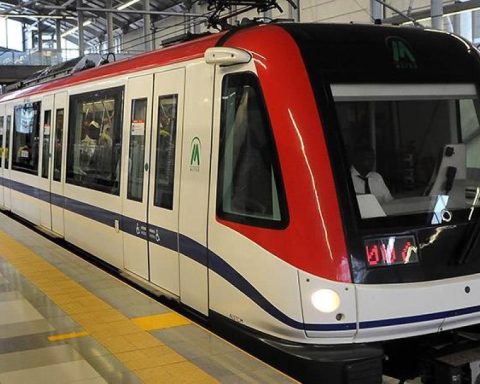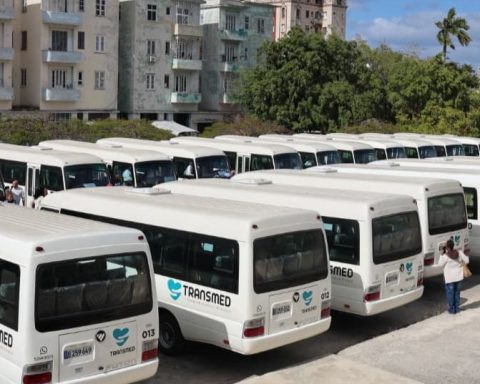In a new space to talk about the country’s economic needs, businessmen, academia, study centers and the Government met this Tuesday – July 23 – at the expense of the National Trade Council, in order to analyze the plans that exist in terms of reactivation and they came to the conclusion that that this task requires the consensus and support of all, starting with the definition of actions to follow.
Throughout various discussions, the parties agreed that the economy will not hold out much longer if the slowdown is not stopped, no matter how challenging the outlook is due to the pandemic. In this regard, the Government acknowledged that to achieve this, the State’s attention must be expedited.
Streamline care
One of the first voices in this talk was Laura Sarabia, director of Dapre, who in the first panel of the forum ‘Conversations for Colombia’ began by saying that President Gustavo Petro’s team must do an exercise of self-reflection to find the points of improvement and understand that sometimes the delay itself comes from within.
Meeting of the National Trade Union Council on Reactivation
Courtesy – CGN
“It is a priority for the President to speed up investment projects and not let them get stuck because of the signature of an official. We not only have to design projects but also execute them,” said Sarabia, who also focused on the shortcomings in budget execution, which he said are already being corrected.
After this, the Director of Dapre indicated that turning it around The bad streak will not be possible without the help of the private sector, to whom he reiterated the call to work hand in hand with the Government in tasks such as the recovery of investment and the formulation of initiatives that inject resources into important sectors of the economy that are still in the red.
“The fact that the popular economy is prioritized does not mean that the formal economy should be shut down. There is a prioritization, but we need an ally in the formal economy for the transfer of knowledge, support and working hand in hand is needed,” he added.
The Constitutional Court kept collective agreements alive, but imposed conditions on them
In response to this, Bruce Mac Master, president of the National Trade Council, thanked Casa Nariño for this gesture and recalled that they have always been willing to collaborate, making it clear that at this moment the most important thing is to recover confidence and understanding that the country cannot wait any longer for the recovery to arrive.

Meeting of the National Trade Union Council on Reactivation
Courtesy – CGN
“It is impossible to boost the economy if the private and public sectors do not work hand in hand. It is an exercise in which the State plays a fundamental role and for that, let’s say, a whole attitude towards private activity is required, which I would say definitely helps a lot and we see it, really, when one meets governments that are aware of the importance of their role, investment is dynamized and that is not only in Colombia, but throughout the world,” he explained.
Taxes and recessions
Another of the voices in this space was that of the Minister of Finance, Ricardo Bonilla, who stated that the economic conditions at this time demand innovative measures, since the pandemic was paid for with a debt equivalent to 10 tax reforms, which were agreed to be paid in the short term.
“Today we are paying that debt, this is our time, we must fulfill the current commitments, which expire in the short term. This year, $95 billion must be paid and the discussion for 2025 revolves around how much will be paid and for now the bills do not go below $100 billion, that is why the issue of investment is being reviewed so much, on which much of the attention is focused,” said Bonilla.
Government makes a new call to the private sector to work together
This official added that “a country’s debt is sustainable as long as the growth rate of the economy is higher than the interest rate of the debt and it is unsustainable in the opposite case. We are in that situation, without saying that the country has become unviable, no. Simply put, Colombian debt at this time is classified as unsustainable because the interest rate is higher than the growth rate, We need to recover growth to return to the sustainability rate.”

Ricardo Bonilla, Minister of Finance.
EFE
At this point it should also be said that the Trade Council took the opportunity to discuss the ‘financing law’ that the Ministry of Finance is considering in its recovery plan and recalled that although the country needs resources, for now the room for manoeuvre is limited and measures are needed that do not slow growth.
“We certainly have a low collection at the moment and perhaps The main reason why we have low tax collection is because we have low economic activity. We have to ask ourselves why there is low economic activity. Part of it is of course due to the fact that there are no incentives or some of the incentives for investment or production have been lost, so what we have at this moment is a challenge to think about how we can increase economic activity,” said Mac Master.
Meanwhile, José Ignacio López, president of Anif, said that tax changes must be handled with care, since “the country’s tax burden for investment decisions is very high, Colombia is more like a fiscal purgatory,” explaining that the priority at this time should be to turn the local market into an attractive scenario.
Forced investments
Another of the chapters that took place in this space was that of forced investments, a point on which the bankers attacked again after the change of position of the Government, pointing out that if the measures to be implemented are not agreed upon, the country will end up falling into a scenario in which some sectors are punished to save others.
Jonathan Malagón, president of Asobancariasaid that over the last few years it has been shown that forced investments are not the way, much less to finance the Government’s reactivation plans, starting because they end up scaring away the arrival of new capital and undermine the confidence of investors.

Economic recovery
iStock
“In Latin America, there were 15 forced investments in nine countries and only five of them persist. This model has already been dismantled in the vast majority of the territories that implemented it in the 70s and 80s, because they were the fundamental source of financial repression. The high interest rates associated with the developmental model throughout history were fundamentally associated with the maximum rates and forced investments,” explained this union spokesperson.
In this way it is clear that although the different sectors agree that an urgent reactivation plan is needed, it cannot be implemented arbitrarily and on the contrary requires sufficient dialogue. to generate concerted strategies, of course, without ignoring the fact that there is a slowdown in effect.








